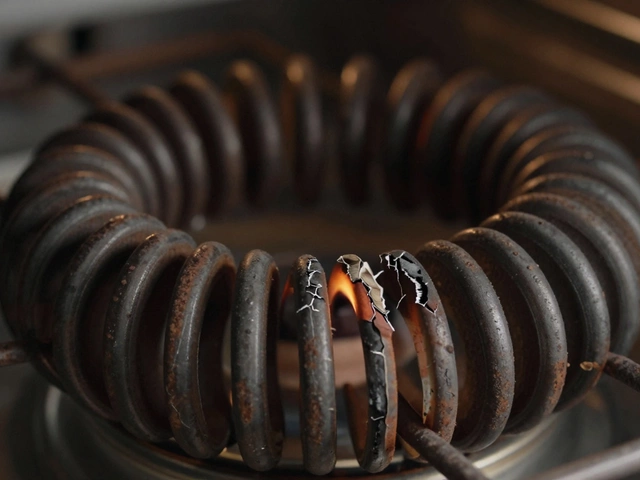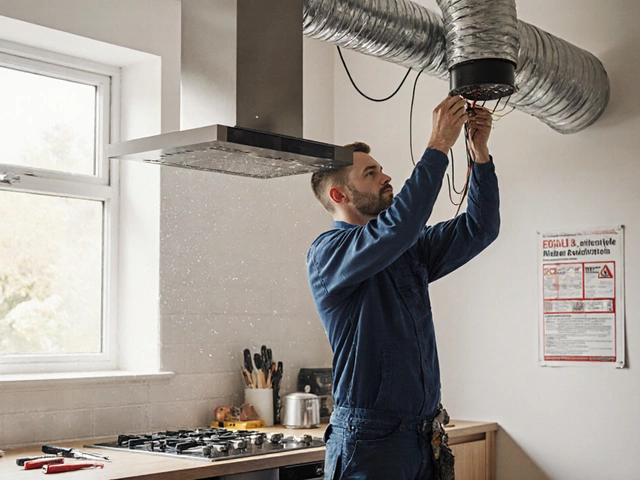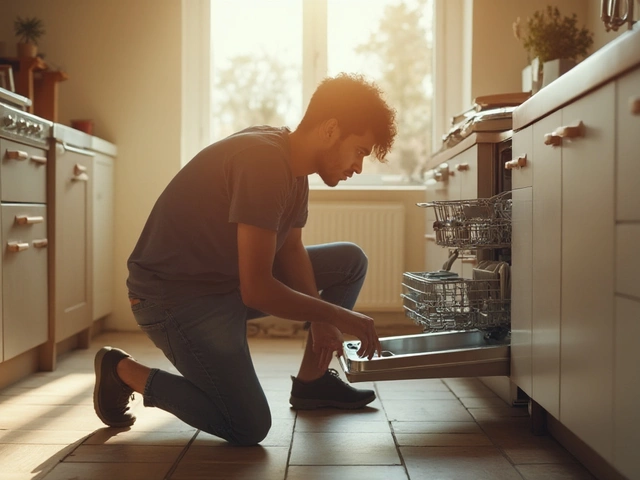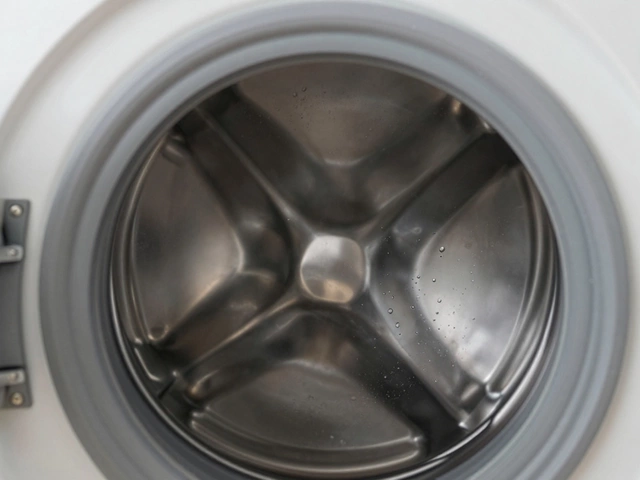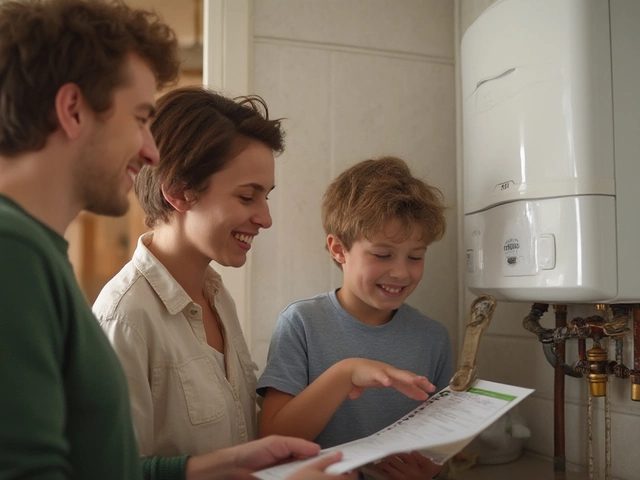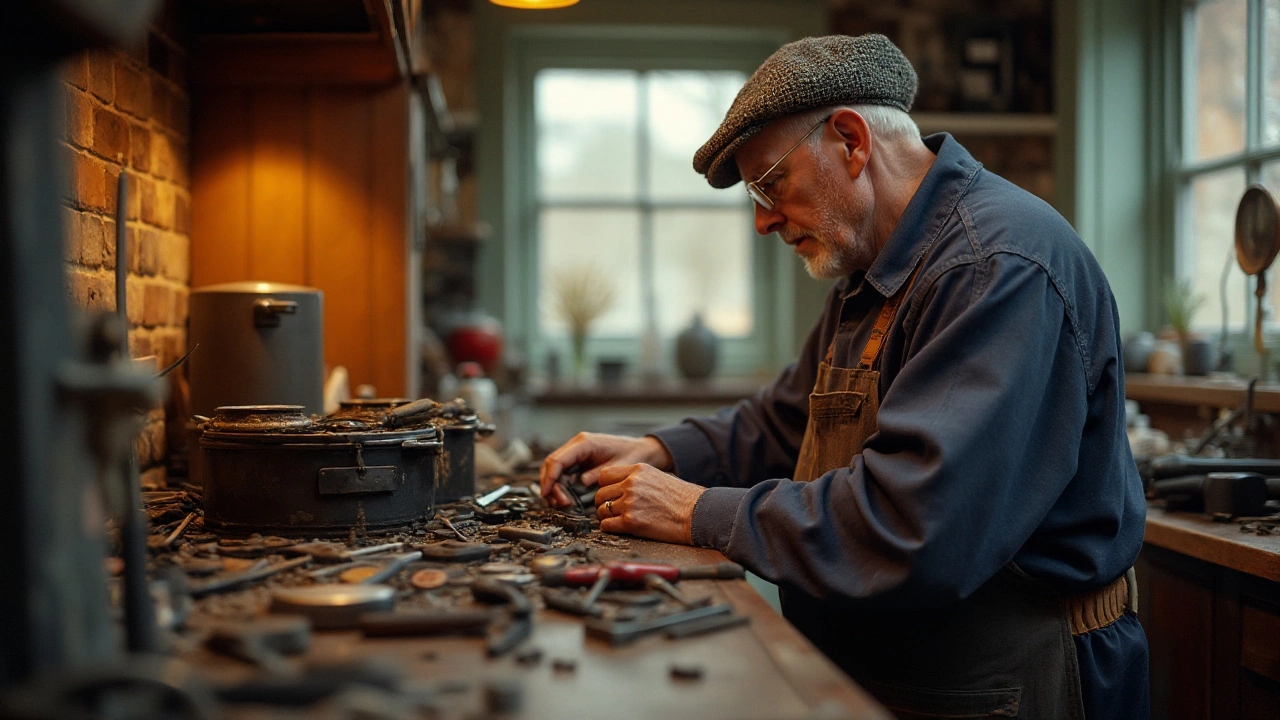Kitchen Maintenance: Simple Steps to Keep Everything Working
Got a kitchen that feels like a revolving door of broken ovens, sluggish fridges, and noisy extractor fans? Most of those problems disappear with a little regular care. You don’t need a technician on call every week – just a few easy habits that fit into your routine.
Clean, Check, and Keep Things Dry
The first rule of kitchen upkeep is to keep surfaces free of grease and moisture. After each cooking session, wipe the stovetop, oven door, and extractor fan with a damp cloth. For glass or ceramic hobs, a gentle scraper removes burnt‑on residue without scratching the surface. Moisture is the enemy of electrical parts, so make sure the fan’s vent and any filter are dry before you replace them.
Next, give the fan a quick visual once a month. Look for dust buildup on the blades and a clogged filter. A vacuum brush or a soft paintbrush clears most of the grime; the fan will run quieter and pull more air, which stops mold and nasty smells before they spread.
Schedule Quick Inspections for Major Appliances
Big appliances don’t need a full teardown, but a few spot checks go a long way. Open the fridge and freezer every few weeks and remove any food that’s been there too long – old leftovers can clog the drain and cause a frosty buildup. While the door is open, pull out the freezer drawer and wipe the seal; a clean seal keeps cold in and energy use down.
For ovens, run a low‑heat self‑clean cycle once a year. It burns off residue and prevents uneven heating, which is a common cause of the “won’t heat” complaint. If you notice the oven taking longer to preheat, check the heating element for dark spots – a quick sight‑check can tell you whether a professional visit is needed.
Dishwashers get a similar once‑a‑year boost: run an empty cycle with a cup of white vinegar on the top rack. The vinegar clears mineral buildup in the pump and sprays, keeping water flow strong and drying performance sharp.
Finally, don’t forget your water heater. Once a year, drain a few liters from the tank to flush out sediment. This simple step prevents rust and improves heating efficiency, meaning you won’t be left with lukewarm showers.
Stick to these quick checks and your kitchen will stay quiet, efficient, and ready for the next meal. If you ever spot a strange noise, a leak, or a part that won’t turn on after your routine, it’s time to call a pro – catching issues early saves money and avoids bigger breakdowns later.
